
OR
Blood Donors Day
Are blood transfusions to patients in Nepal safe?
Published On: June 14, 2017 05:15 AM NPT By: Bishnu Prasad Aryal
KATHMANDU, June 13: Blood transfusion to patients in Nepal takes place without the blood being irradiated [exposed to radiation], although this is against WHO rules.
According to officials at the Ministry of Health, blood meant for transfusion must be irradiated as per international practice. The blood is sterilized through irradiation to make it safe from disease.
“As per international standards, all blood should be irradiated before transfusion,” said Dr Bishesh Poudyal, hematologist at the Civil Service Hospital. “Other countries always irradiate the blood before giving it to patients. However, we have not adopted this practice,” he added.
There are more than 250 hospitals across the country, including private ones. But only the Civil Service Hospital has a blood irradiator machine, although it does not have a huge blood bank. The hospital irradiates blood only for transfusing to its own patients, especially in cases of cancer and bone marrow transplant. “If the blood is not irradiated, there is 99 percent risk of death in cancer and bone marrow transplant cases,” said Dr Poudyal. “All the other hospitals including cancer hospitals are using blood without this treatment.”
Blood bank officials at many of the hospitals have not even heard about the technology. “We have never heard about it,” said Nageshwor Kakshyapati, the blood bank in-charge at Bir Hospital, where many patients including cancer patients are treated every day.
Bir Hospital not only does not have irradiation equipment but also no equipment for separating blood components such as plasma, white blood cells, FFP [fresh frozen plasma] and PRP [platelet-rich plasma] for transfusion as per the needs of patients.
A few hospitals such as Tribhuvan University Teaching Hospital, Civil Service Hospital, Gangalal National Heart Center, Grande Hospital, Nobel Hospital and Central Blood Transfusion Service Center of Nepal Red Cross Society have blood component separating machines.
However, the blood quality, storage and handling do not meet international standards, said Kakshyapati. “We once received blood contaminated with jaundice from the Central Blood Transfusion Service Center,” he added. “Blood banks test only for HIV, HCV, HBSAG and VDRL in donated blood. There are several other latent risk factors such as cancer and genetic disease that are not tested for yet.”
Dr Prakash Yadav, deputy director at the Central Blood Transfusion Service Center, admitted that the blood collected by blood banks in the country was not completely safe. “Quality cannot be assured without proper management at blood banks and proper storing in hospitals, sterilizing and handling,” he said. “Irradiation definitely can minimize the risks but we don't have the equipment.”
An irradiator machine costs Rs 15 million to Rs 35 million, according to Dr Yadav. “We are planning to purchase such a machine.”
Every unit of blood collected in the blood banks is tagged by the Central Blood Transfusion Service Center, which collects about 70,000 units from Kathmandu Valley and some 211,000 units nationwide every year. Hundreds of more blood units are collected by government and private hospitals.
Whole blood cannot be used after 35 days while separated components must be used within 72 hours, 35 days or six months, depending on the components, if stored at minus 40 to minus 60 degrees Celsius, according to experts.
You May Like This

1 percent of breast cancer patients in Nepal are men
KATHMANDU, Oct 24: Some five to seven thousand cases of breast cancer are reported in Nepal annually, according to experts working... Read More...
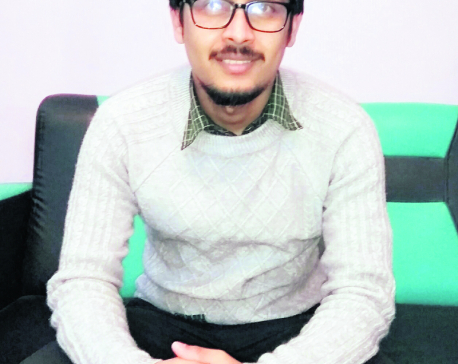
Blood Emergency Nepal: Find donors at the right time
Paribesh Koirala is the co-founder of The White Rabbit Studio, a software developing company established in 2013. ... Read More...
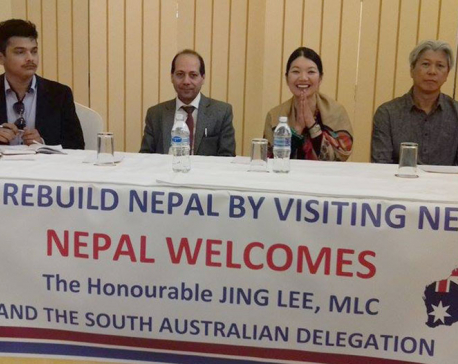
Aussie delegation terms Nepal a safe tourist destination
KATHMANDU, Oct 30: An Australian delegation led by lawmaker Jing Lee returned home today after completing a weeklong visit. ... Read More...
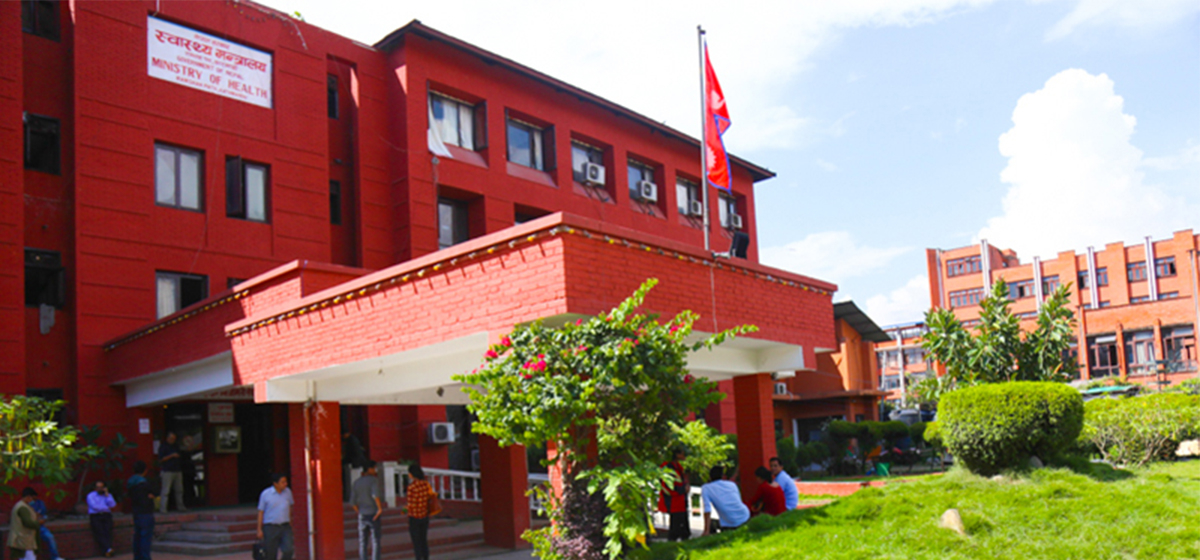
Just In
- Health ministry warns of taking action against individuals circulating misleading advertisements about health insurance
- UAE secures spot in ACC Premier Cup final, defeating Nepal by six wickets
- NC to boycott Gandaki Province Assembly, submits letter to Speaker
- 850 grams of gold seized from Indian national at TIA
- Rupandehi District Court orders to release Dipesh Pun on a bail of Rs 400,000
- Teachers’ union challenges Education Minister Shrestha's policy on political affiliation
- Nepal sets target of 120 runs for UAE in ACC Premier Cup
- Discussion on resolution proposed by CPN-UML and Maoist Center begins in Koshi Provincial Assembly











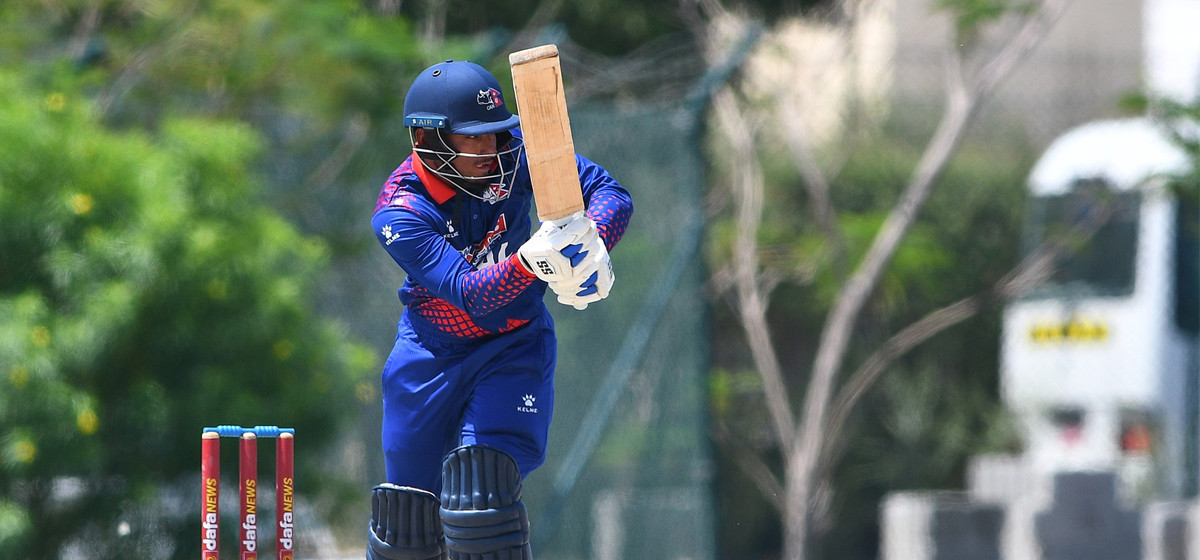
_20240311121839.jpg)


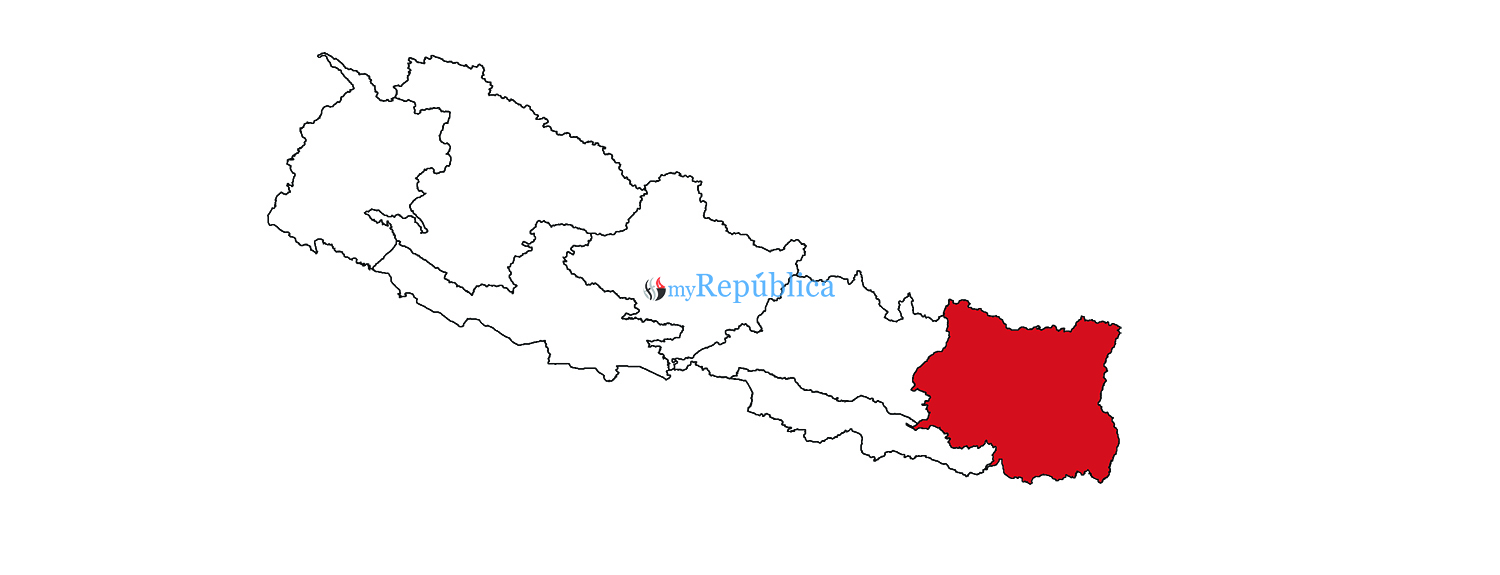
Leave A Comment